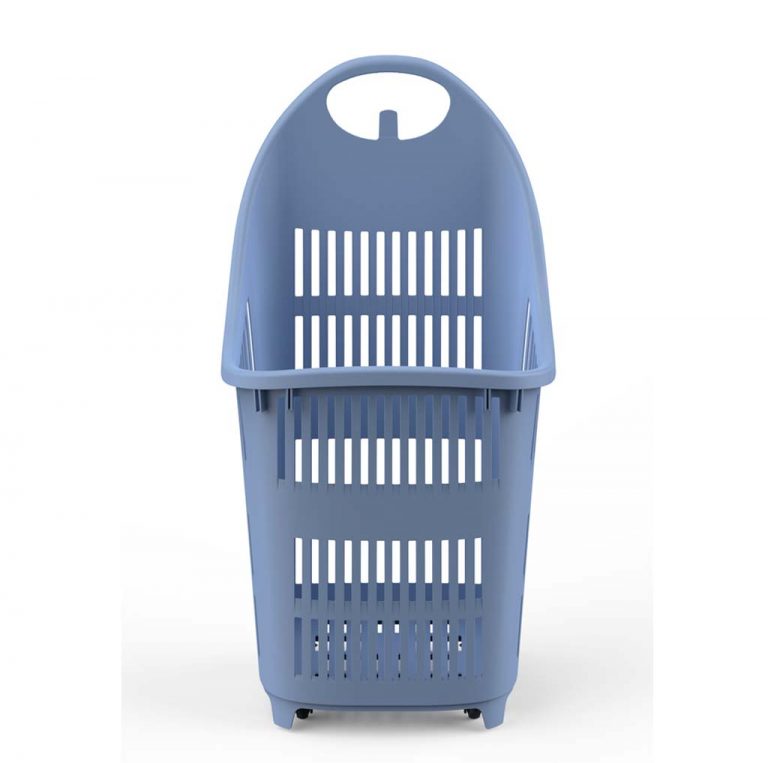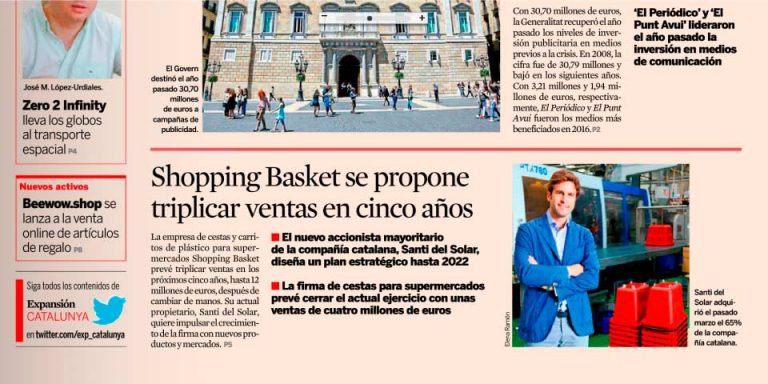When it comes to purchasing management in the business environment, two key roles stand out: buyer vs. category manager. Although both perform functions related to the acquisition of goods and services, there are significant differences between them. In this article, we will look at their main distinctions, as well as the advantages of having a category management professional on your team.
Differences between the category manager vs buyer
The buyer is responsible for acquiring the necessary products for a company. He deals with the negotiation of prices and favorable conditions with suppliers. The category manager, for his part, is a professional in charge of managing and optimizing the supply of items or services in a certain category within a company or establishment.
Here are the most notable differences between a buyer and a category manager:
- Strategic Focus: The category manager focuses on the strategic management of product categories within an organization. For his part, the buyer focuses on the acquisition of items in general.
- Data analysis: The category manager performs extensive data analysis to understand the market and consumer trends. This allows you to make informed decisions and develop effective strategies. On the other hand, although the buyer also uses data, he is in charge of obtaining the best prices and conditions in the acquisition of products.
- Relationship with suppliers: Although both the buyer and the category manager interact with suppliers, the latter establishes a more strategic and collaborative relationship with them. They work together to carry out growth plans and improve the performance of product categories.

Advantages of having a category manager
Having a category manager on your team can provide numerous benefits to your company. Among them, we highlight:
- Customer-centric strategy: The category manager understands the needs and preferences of the customer. In such a way, he develops strategies that satisfy their demands.
- Profitability: By analyzing data and developing effective strategies, the category manager can identify opportunities to reduce costs, optimize inventory and maximize profit margins.
- Innovation: The category manager is constantly analyzing the market and consumer trends. Thanks to this, he is able to identify opportunities for the introduction of new items or improvements to existing ones. In this way, he encourages innovation in product categories.
- Best assortment management: Optimizes the assortment of items within each category and ensures that the most appropriate and attractive options are offered to customers. This can improve user satisfaction and increase sales.
- Developing Strong Supplier Relationships: Works closely with suppliers to build strong, long-lasting relationships. All this favors more favorable agreements, access to innovations, and opportunities for strategic collaboration.
- Long-term strategic focus: Focuses on the long-term, sustainable growth of product categories. Develop plans and strategies that make it possible to adapt to market changes and maintain a competitive advantage over time.
Ultimately, if you are looking to maximize the efficiency and success of your purchases, consider incorporating a trained and experienced category manager into your organization. This professional will not only boost your acquisition strategies but will also give you a broader view of the market and consumer behavior. Therefore, he will allow you to make better decisions and achieve the desired results.
Collaboration and synergy between the buyer and the category manager
The buyer and the category manager must exchange relevant information about the market, suppliers, consumer trends, and any other matter that affects the category. This means sharing sales data, market analysis, and insights into customer preferences and needs.
Both professionals must establish common goals and objectives for the category. Some of them may be to increase market share, improve profitability, introduce new products or expand the presence in certain segments. By working together on its definition, an aligned approach is fostered, and category performance is optimized.
Of course, they have to collaborate in the strategic planning of the category. This involves analyzing past performance, identifying growth opportunities, evaluating the competition, and developing action plans to improve product assortment, availability, pricing, and promotion. The synergy at this stage makes it possible to design more effective strategies adapted to the market.
In short, the combination of a buyer vs category manager can make a difference in your company’s purchasing strategy. It also contributes to achieving sustainable success in an increasingly competitive business environment. Don’t underestimate the power of category management and the value of having a category management expert on your team!


 Sign up for our newsletter and be the first to receive our articles!
Sign up for our newsletter and be the first to receive our articles!



























